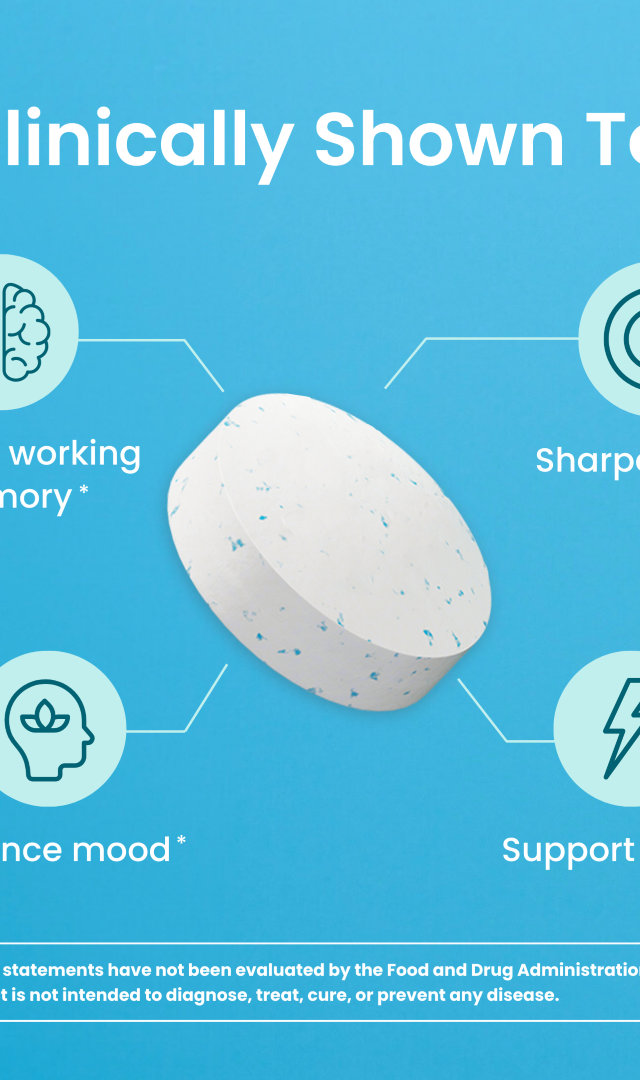The pre-run snack serves two purposes. One is to keep you from feeling hungry before and during your run, and the other is to maintain ideal blood sugar levels for your exercising muscles. While there’s no “one-size-fits-all” for what to eat before running, there are some general guidelines to follow as you prepare to hit the trails.
Runners Diet: What to Eat Before a Run
Casual Runs – Under 60 Minutes
If your lacing up for a short run under 60 minutes, your fueling strategy is pretty simple. While it’s okay to run on empty, having a small snack ahead of time may help you feel energized and give you the strength to finish strong.
1. 1 Cup of berries with ½ cup low-fat cottage cheese
- Berries provide carbs for energy
- Cottage cheese provides calcium, potassium and vitamin-D
2. Low-fiber cereal with skim milk
- Cereal provides carbs for energy
- Milk provides protein
3. ½ Ripe banana
- Bananas are a high-carb energy booster and also contain a healthy dose of potassium
- Potassium is important during times when you sweat and lose valuable minerals
-
Chia pudding
- Chia seeds boost endurance and improve muscle recovery
-
1 Orange
-
An orange provides the daily dose of vitamin C, which not only boosts your immune system, but also helps prevent muscle injury
Long Runs – 60 to 90 Minutes
For runs between 60 and 90 minutes, you hit a gray area. The “one-size-fits-all” mentality really doesn’t cut it. For some, they may prefer to head out on an empty stomach. Other runners know they’ll get hungry half way through or will need some extra energy to finish strong.
Luckily, getting it “just right” is achievable with a little bit of experimentation. Pre-run nutrition really depends on how many miles you plan to run and at what pace. The harder your run, the more prepared you need to be. Figuring this out may take some time, but these suggestions should help point you in the right direction.
- Conduct an experiment. Try eating a medium sized snack 60-90 minutes prior to running. If your stomach doesn’t act up - on your next run, try moving the same snack forward 15-20 minutes later.
- Likewise, if you experience stomach pains or cramping, try pushing the time of your snack back 15-20 minutes earlier.
- Keep moving back and forth until you find the optimal time to consume a meal or snack.
- Once you’ve determined what time is best to eat, the next step is determining the nutritional demands of your run. Your body has enough glycogen stored to run at marathon pace for right around 2 hours, but sometimes you may just want a little extra fuel.
-
A medium sized pre-run snack 30-120 minutes before is optimal. The amount of time you need to eat before you run is dependent upon the results of your timing experiment from step one.
What to eat before running 60-90 minutes:
- 1 Medium banana with a tablespoon of nut butter
- Banana provides potassium and fluid to keep you hydrated
-
Nut butter offers heart-healthy fats plus carbs
- Oatmeal topped with sliced strawberries
-
The combination of the two provide an excellent source of carbs and B vitamins
- Energy bars
-
Energy bars are light on the stomach and easy to digest
- Yogurt topped with a handful of granola
- This combination is a power pack of simple and complex carbs
-
Coffee (NOT in massive amounts)
-
For a 150 lb man (68 kg), this equates to ~200-475 mg or from a Tall (12 fl oz) Dark Roast cup to a Venti (20 fl oz) Blonde Roast or Clover Reserve, Dark Roast cup.
-
For a 120 lb woman (54.5 kg), this equates to ~165-380 mg or from a Short (8 fl oz) Pike Place Brewed Coffee cup to a Grande (16 fl oz) Clover Reserve cup.
If you go above the recommended amount, you run the risk of elevated heart rate, increased urination and dizziness - all of which could negatively impact running performance.
Marathons – 90+ Minutes
Pre-race jitters might make you apprehensive to eat, but depending on the length of your race, you might need something in your stomach at the starting line. Pre-run snacks rich in carbohydrates with adequate protein and healthy fats is what you should consume if you want to improve endurance, speed, energy and alertness.
During marathons or extended races, your body uses fat as an energy source but it is not as efficient as using carbs. In other words, when you use up your glycogen stores, you will hit that dreaded “wall” and your performance will weaken.
Your body stores carbohydrates in the liver and muscles, which means these glycogen stores are the body’s most readily available form of energy. To ensure your glycogen stores are full, you can try carbo-loading. Carbo-loading is a nutritional strategy to increase the normal amount of glycogen that is stored in your body.
The right amount of carbs you will need depends on how active you are and it’s wise to do the loading a few days prior to the race. Eat as you normally would on the last day before the marathon.
Follow this general runners diet timeline on what to eat before a race:
-
3-4 Hours Before the Race: This meal is important, as its purpose is to fill up your liver glycogen after an overnight fast and to keep up your blood sugar level. For this reason, your meal should consist mostly of carbs. A small portion of protein and fat are also important. Protein will help stabilize blood sugar and reduce muscle breakdown, while fat will make you feel like you’ve had enough to eat.
-
Oatmeal with banana
-
Bagel with peanut butter
-
Toast with honey
-
Dry cereal
-
Toast with eggs and avocado
-
Starchy vegetables such as beans and lentils
-
1 Hour Before the Race: Before you begin your race, you shouldn’t be starving but you also shouldn’t feel heavy and stuffed. You don’t want to consume a heavy meal, as it could leave you with cramping or side stitches. A small high-carb snack or energy gel will act as a fast-acting source of energy during the beginning stretch.
-
Granola bar
-
Dried fruit
-
2 fig cookies
-
3 graham cracker squares with 1 tablespoon honey
-
Handful of cashews
-
During the Race: You’ll want to take in enough carbs and fluids to fuel your run but be careful not to overdo it. Depending on how far you are running, you will eventually need to replenish lost hydration, as well as glucose.
-
Neuro gum or mints
-
Sports drinks
-
Raisins
-
Dates
-
Bananas
In addition to your pre-run snack, it’s important to drink roughly 5-10 ounces of water to prevent dehydration and excessive changes in electrolyte balance to prevent compromised performance.
What Not to Eat Before a Run
What you choose to eat before running builds the foundation for a really good (or really bad) running experience. In order to sustain energy, your body needs the proper fuel.
The foods best avoided prior to racing are those high in fat, fiber and protein. Too much of these sources can cause cramping or tiredness, as your body will be spending energy on digestion instead of running.
-
Spicy foods
- Spicy foods can aggravate your digestive system and lead to heartburn.
-
Deep fried foods
- Delicious as they may be, deep fried foods take longer to digest.
-
Hummus or pre packaged dips
- Beans are a great source of protein, but pre packaged hummus and other related dips often contain lots of added oils – and are also prone to molding.
- Molding can lead to inflammation and reduction of oxygen consumption.
-
Broccoli or other high-fiber vegetables
- High-fiber vegetables can cause uncomfortable gas and bloating.
-
Apples and pears
- These are high-fiber fruits, which can lead to GI distress and cramping because they are hard to fully digest.
-
Red meat and bacon
- Red meat and bacon are two foods that are high in fats which digest slowly and will feel like they’re sitting in your stomach.
-
Dairy products if you have a history of lactose intolerance
- Lactose can be difficult for the stomach to digest.





















